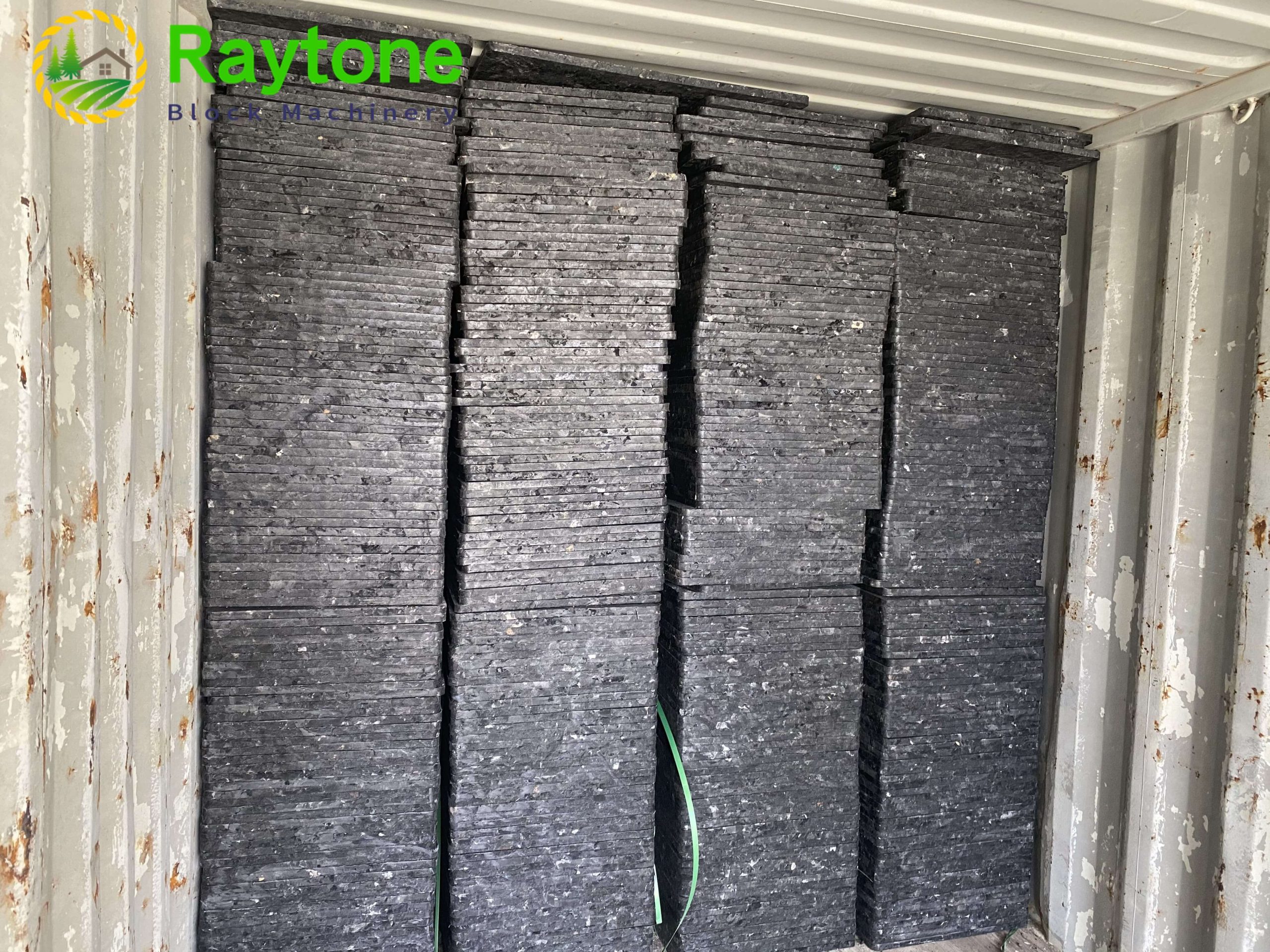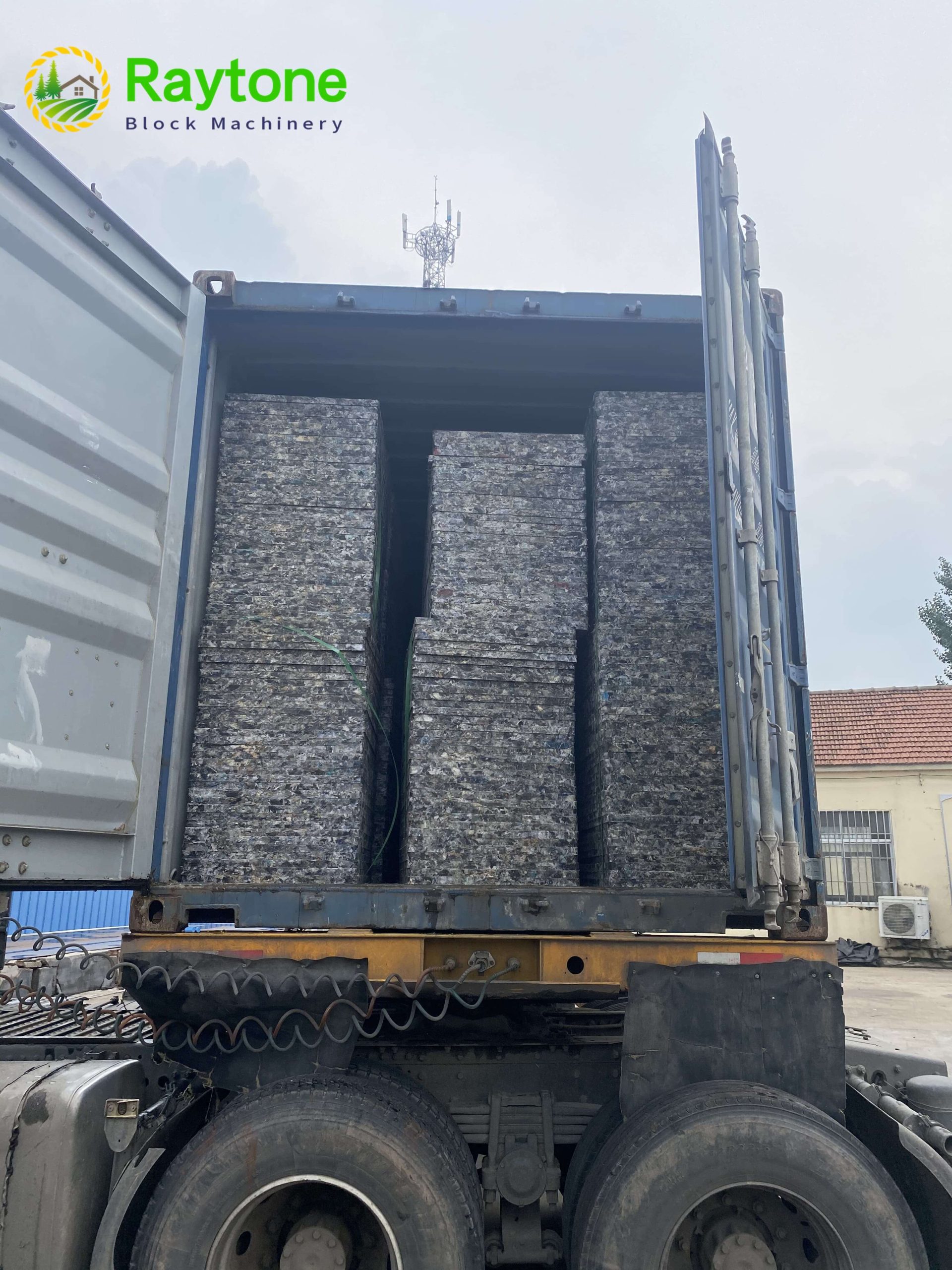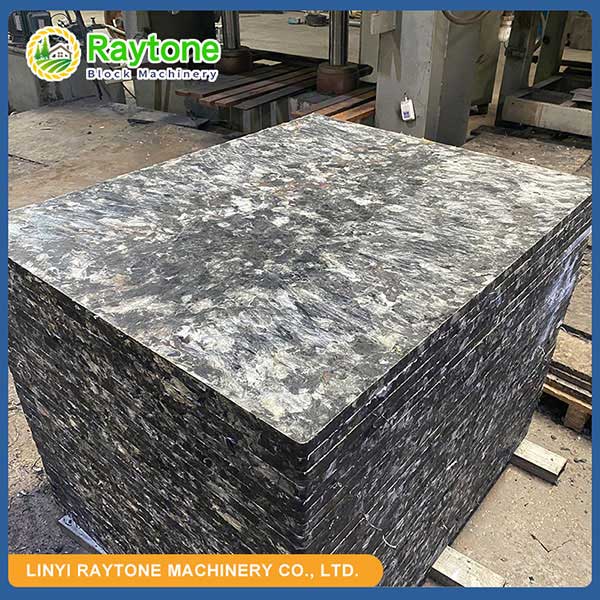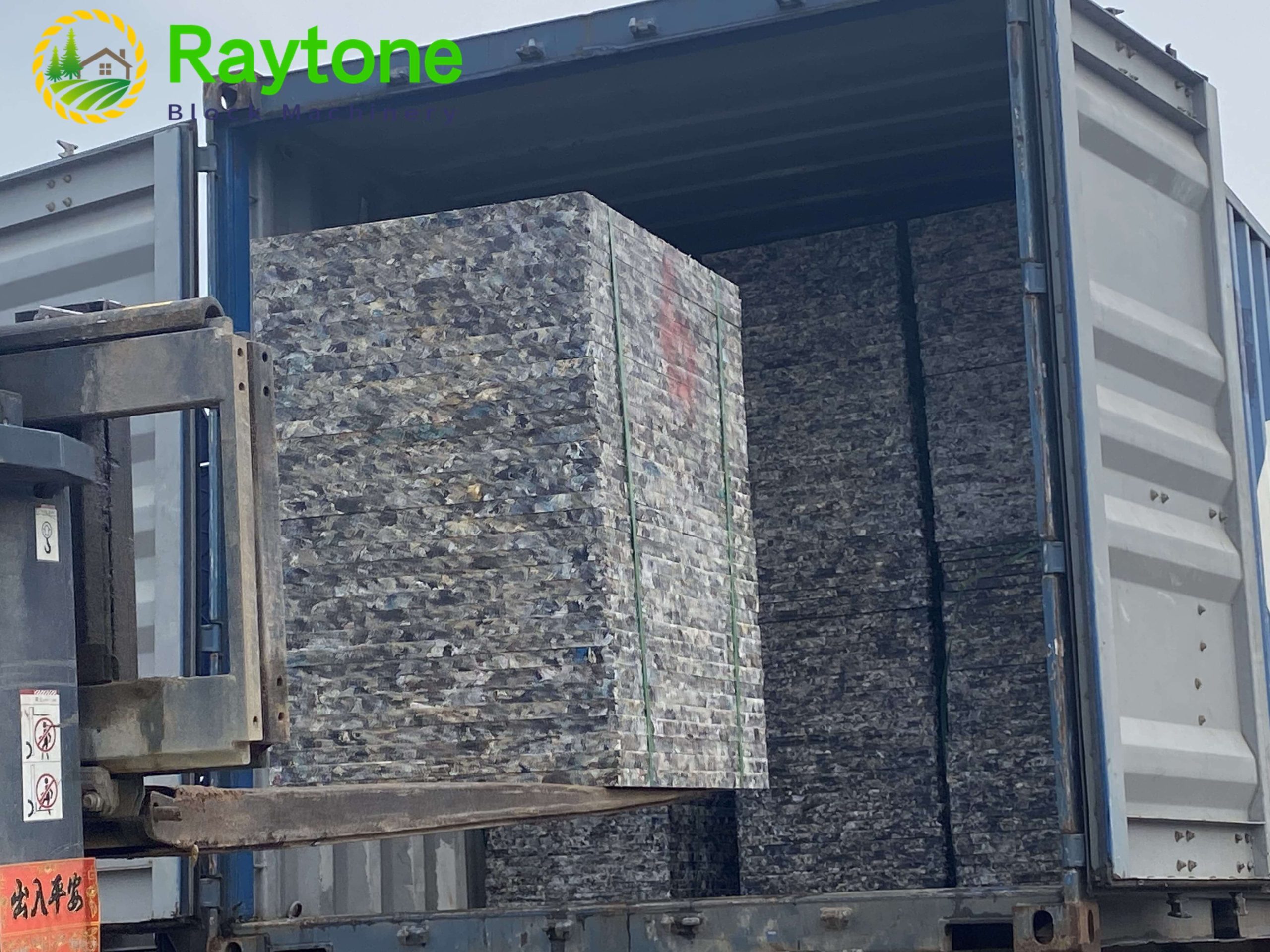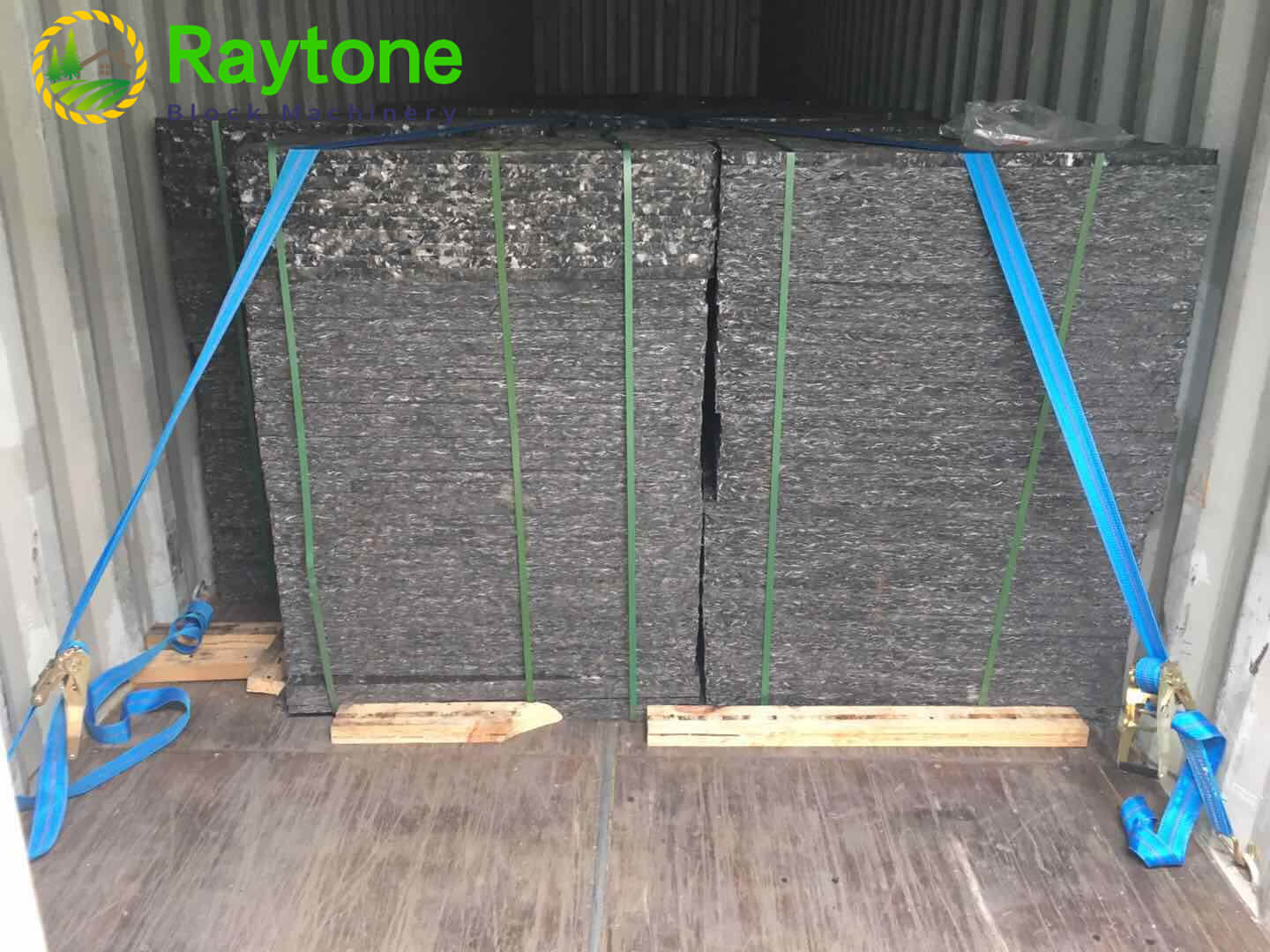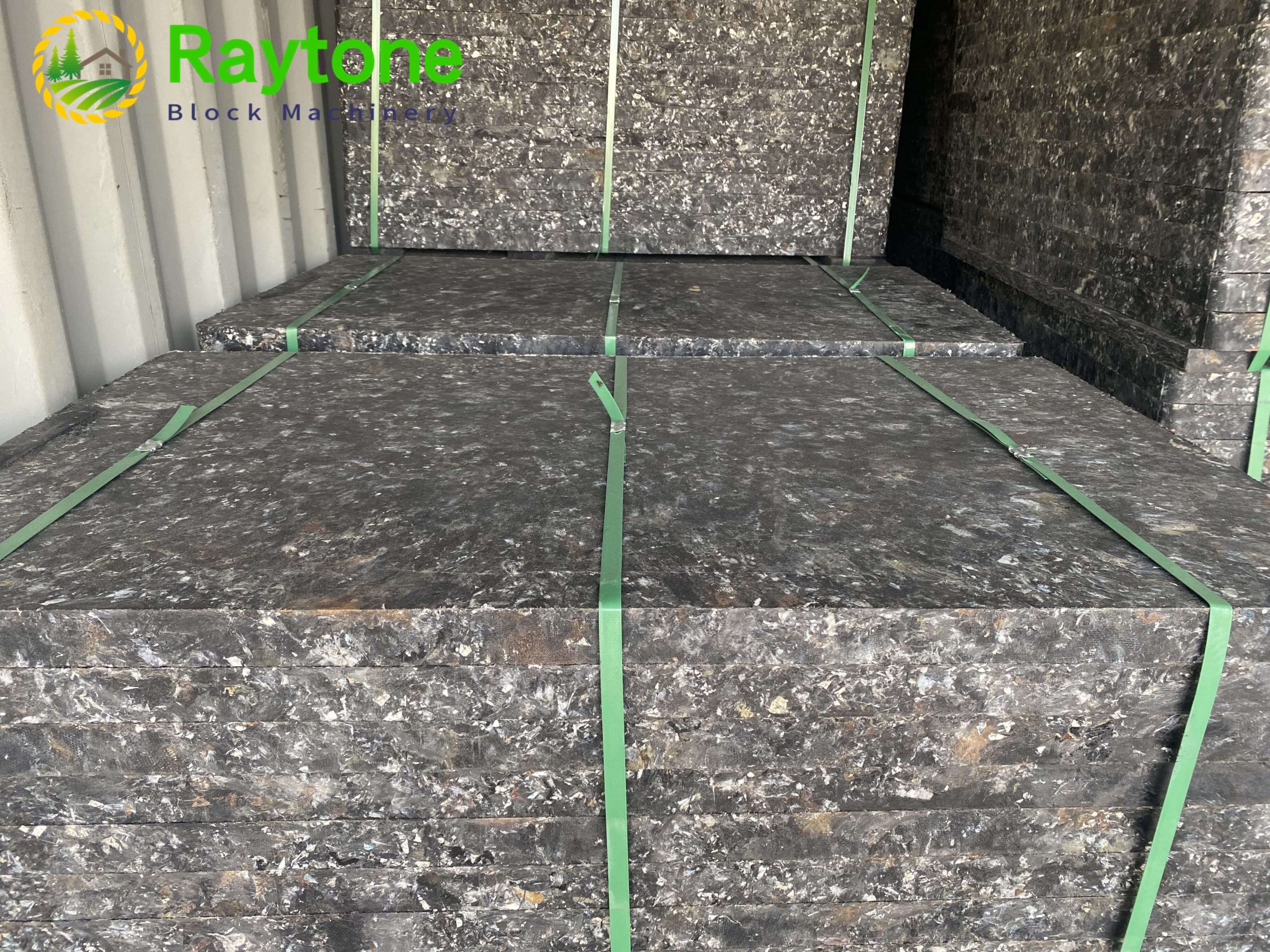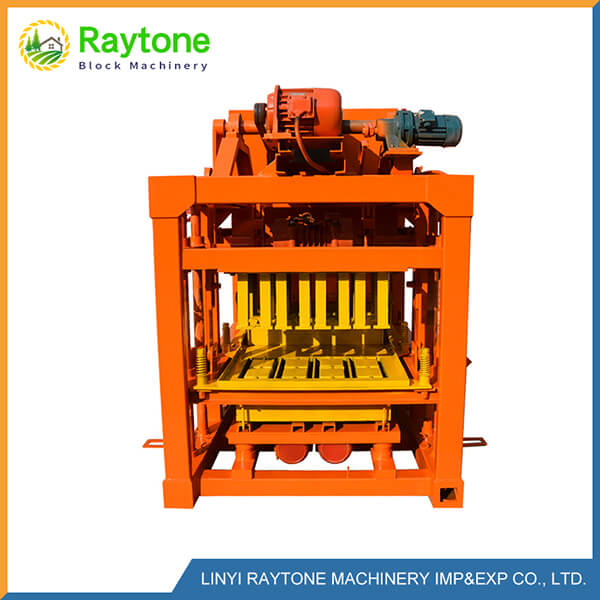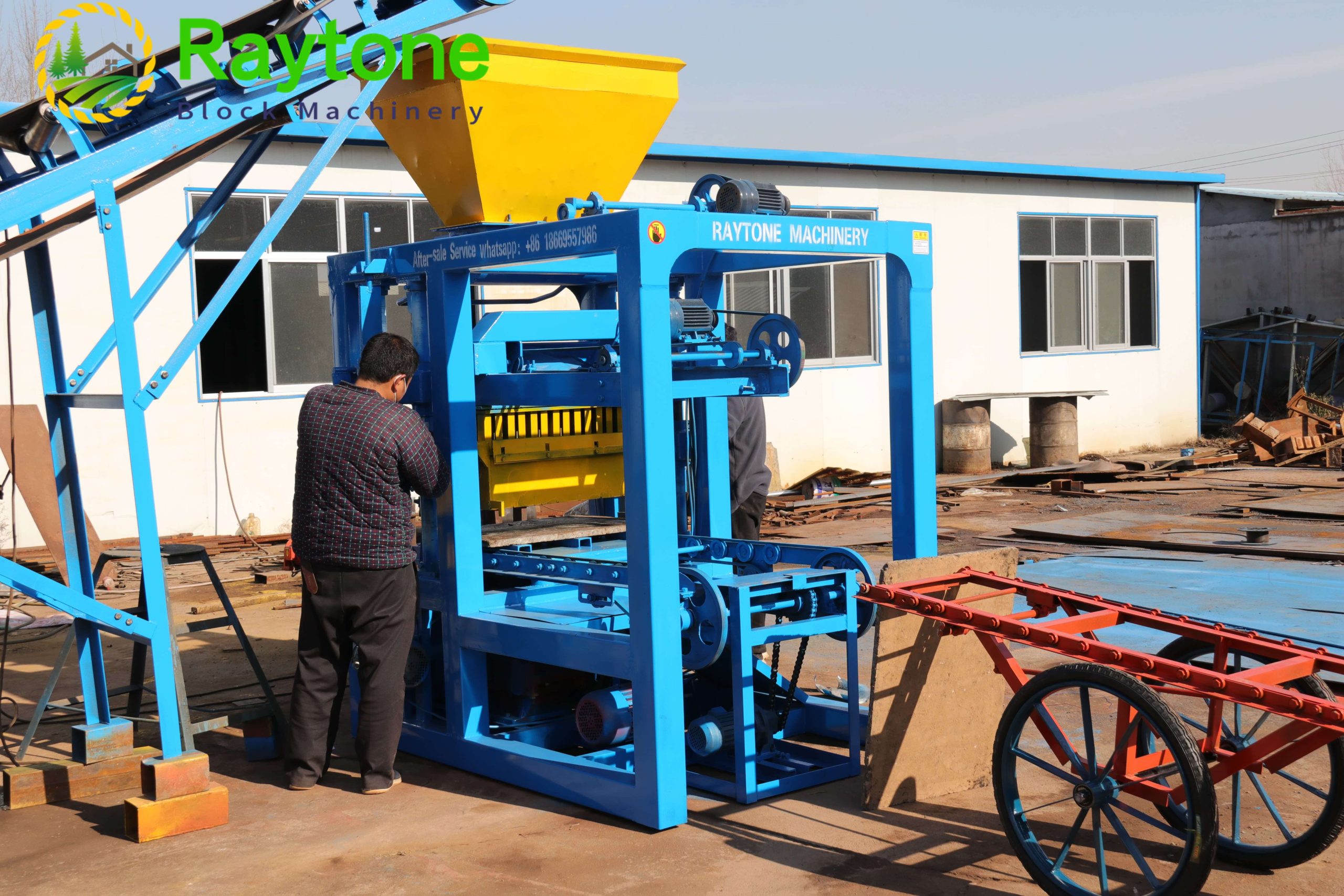Selecting the right brick machine for your construction project can be a game-changer in terms of efficiency, quality, and cost-effectiveness. Whether you’re a seasoned contractor or just starting in the construction industry, understanding the key factors in choosing a brick machine is crucial. This comprehensive guide will walk you through the essential considerations, from machine types and production capacity to maintenance requirements and technological advancements. By the end of this article, you’ll be equipped with the knowledge to make an informed decision that aligns perfectly with your construction needs, ensuring optimal performance and value for your investment.
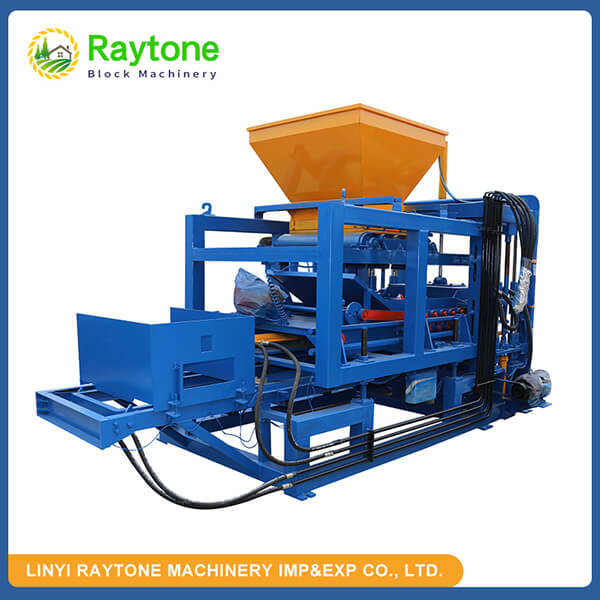
Types of Brick Machines and Their Applications
Fully Automatic Brick Machines
Fully automatic brick machines represent the pinnacle of efficiency in modern construction. These sophisticated systems handle every aspect of the brick-making process with minimal human intervention. From material mixing to molding and curing, these machines offer unparalleled precision and consistency. They’re ideal for large-scale projects requiring high output and uniform quality. The advanced automation not only boosts productivity but also significantly reduces labor costs and human error. However, the initial investment for these machines is higher, making them more suitable for established businesses with substantial production needs.
Semi-Automatic Brick Machines
Semi-automatic brick machines strike a balance between automation and manual control. These versatile units are perfect for medium-sized operations or businesses transitioning from manual to automated processes. They typically require some human oversight for tasks like material feeding or brick removal, while automating core functions such as pressing and shaping. This hybrid approach offers flexibility in production, allowing for easier customization of brick types. Semi-automatic machines are more cost-effective than their fully automatic counterparts, making them an attractive option for growing businesses or those with varied production requirements.
Manual Brick Machines
Manual brick machines, while less common in large-scale industrial settings, still play a crucial role in certain contexts. These machines are operated entirely by hand, from mixing materials to shaping and ejecting bricks. They’re particularly valuable in remote areas with limited access to electricity or for small-scale, artisanal brick production. Manual machines offer the advantage of low initial cost and simple maintenance. They’re also excellent for producing specialty or custom bricks in smaller quantities. While labor-intensive, these machines provide unmatched control over the brick-making process, allowing for meticulous quality control in niche markets.
Key Factors to Consider When Selecting a Brick Machine
Production Capacity and Efficiency
When evaluating brick machines, production capacity is a paramount consideration. It’s essential to align the machine’s output capabilities with your project demands and business growth projections. High-capacity machines can produce thousands of bricks per hour, significantly boosting your operational efficiency. However, it’s crucial to balance this with your actual needs to avoid unnecessary costs or underutilization. Consider factors like cycle time, mold size, and the number of bricks produced per cycle. Additionally, assess the machine’s energy efficiency, as this can have a substantial impact on long-term operational costs. Look for features like energy-saving motors and optimized hydraulic systems that can reduce power consumption without compromising output.
Versatility and Adaptability
The construction industry often demands flexibility in brick types and sizes. A versatile brick machine that can easily switch between different mold types and sizes can be a valuable asset. This adaptability allows you to cater to diverse project requirements without the need for multiple specialized machines. Look for machines with quick-change mold systems and adjustable pressure settings. Some advanced models offer programmable controls that allow for easy switching between different brick specifications. Consider the range of materials the machine can handle – from standard concrete mixes to specialized composites. A machine that can produce not just standard bricks but also pavers, hollow blocks, and interlocking bricks can significantly expand your product offering and market reach.
Maintenance Requirements and Durability
The longevity and reliability of your brick machine directly impact your operational efficiency and long-term costs. Opt for machines constructed with high-quality, durable materials that can withstand the rigors of continuous operation. Stainless steel components, for instance, offer better resistance to wear and corrosion. Evaluate the accessibility of key components for maintenance and the availability of spare parts. Machines with modular designs often allow for easier repairs and upgrades. Consider the manufacturer’s reputation for after-sales support and the availability of local service technicians. Some modern brick machines come equipped with self-diagnostic systems that can alert operators to potential issues before they escalate, reducing downtime and maintenance costs. Remember, a machine that’s easy to maintain not only lasts longer but also ensures consistent production quality over time.
Technological Advancements in Brick Machine Design
Smart Control Systems and Automation
The integration of smart control systems in brick machines has revolutionized the manufacturing process. These advanced systems utilize programmable logic controllers (PLCs) and human-machine interfaces (HMIs) to offer unprecedented levels of control and monitoring. Operators can now adjust production parameters with pinpoint accuracy, ensuring consistent quality across batches. Real-time data analytics provide valuable insights into production efficiency, material consumption, and machine performance. Some cutting-edge models even incorporate machine learning algorithms that can optimize production settings based on historical data and current conditions. This level of automation not only enhances productivity but also reduces the likelihood of human error, leading to superior product quality and reduced waste.
Eco-Friendly and Sustainable Technologies
As environmental concerns take center stage in the construction industry, brick machine manufacturers are responding with eco-friendly innovations. Modern machines are designed to be more energy-efficient, utilizing advanced motor technologies and optimized hydraulic systems to reduce power consumption. Some models incorporate recycling systems that can reuse water and excess materials, minimizing waste and environmental impact. There’s also a growing trend towards machines capable of producing ‘green’ bricks using alternative materials like fly ash, recycled aggregates, or even plastic waste. These sustainable options not only reduce the carbon footprint of brick production but can also offer cost savings in material procurement. Look for machines that comply with international environmental standards and offer features like dust suppression systems to create a cleaner, safer working environment.
Quality Control and Precision Engineering
The latest brick machines boast unprecedented levels of precision in molding and pressing operations. Advanced hydraulic systems provide consistent pressure distribution, ensuring uniform density and strength across each brick. Some machines incorporate vibration technology that enhances material compaction, resulting in stronger, more durable bricks. Quality control has been further enhanced with the integration of sensors and vision systems that can detect and reject defective bricks in real-time. This level of precision not only improves the overall quality of the finished product but also reduces material waste and production costs. Look for machines that offer adjustable pressure settings and vibration frequencies to fine-tune the production process for different brick types and materials. Some high-end models even feature automated moisture control systems that adjust the water content in the mix for optimal brick consistency.
Conclusion
Choosing the right brick machine is a critical decision that can significantly impact your construction project’s success. By considering factors such as production capacity, versatility, maintenance requirements, and technological advancements, you can select a machine that not only meets your current needs but also positions you for future growth. Remember, the best brick machine is one that aligns with your specific project requirements, budget constraints, and long-term business goals. As the construction industry continues to evolve, staying informed about the latest innovations in brick machine technology will help you maintain a competitive edge in the market.
Contact Us
At Raytone Machinery, we understand the complexities of choosing the perfect brick machine for your unique needs. Our extensive range of high-quality concrete block machines, from fully automatic to manual options, is designed to deliver performance, reliability, and versatility. We’re committed to providing cost-effective solutions that ensure excellent value for our customers. Whether you’re looking to upgrade your existing equipment or start a new production line, our team of experts is here to guide you through the selection process. For more information about our products and how we can help optimize your brick production, contact us today at hazel@raytonechina.com. Let’s build a stronger future together with Raytone Machinery.
References
- Smith, J. (2023). “Advancements in Brick Manufacturing Technology”. Construction Engineering Quarterly.
- Johnson, A. & Lee, S. (2022). “Sustainable Practices in Modern Brick Production”. Journal of Green Building.
- Patel, R. (2023). “Comparative Analysis of Automatic vs. Manual Brick Machines”. International Journal of Construction Management.
- Zhang, L. et al. (2022). “Energy Efficiency in Brick Production: A Global Perspective”. Renewable and Sustainable Energy Reviews.
- Brown, M. (2023). “Quality Control Innovations in Brick Manufacturing”. Materials Science and Engineering Reports.
- Thompson, E. (2022). “Economic Impact of Automated Brick Production in Developing Countries”. World Development.


